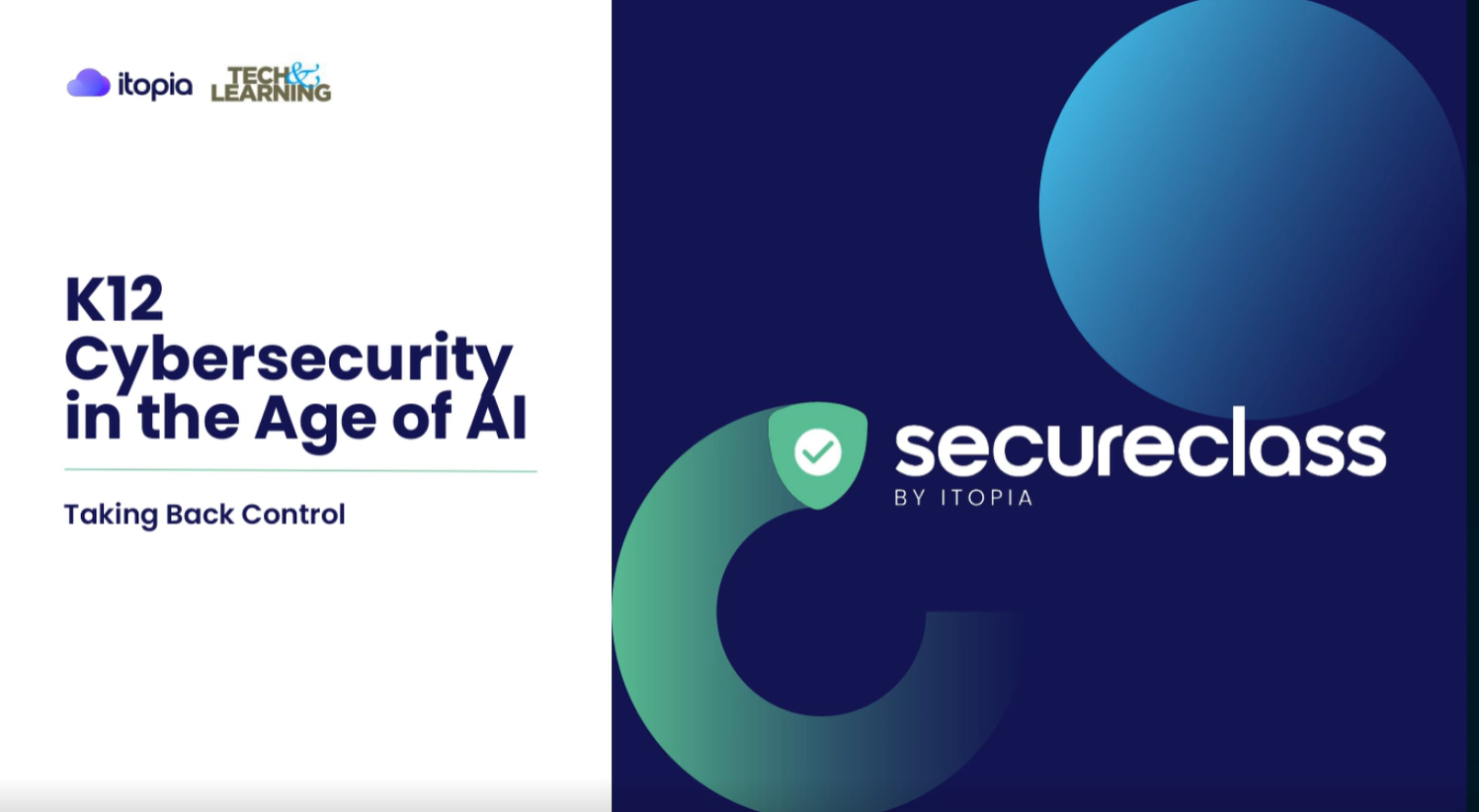Invention and Innovation in Education Technology: 7 Crucial Questions

Education, and especially education technology, seems to lend itself to fads and to attract snake oil salespeople. We all want the best for the kids, but the implied approach of ‘if it ain’t broke, fix it anyway’ does nobody any good in my opinion. (As a matter of interest, plug that phrase into Google; I did, and obtained over two million results!)
On the other hand, we can’t pretend that what works today, or in one context, will work tomorrow, or in another context. So being open to new ideas is essential.
So how might you evaluate a new approach being promoted by a keynote speaker, a consultant or even a writer of articles? I believe there are several questions you might ask as a starting point.
What is the problem that this purports to solve?
If the answer is ‘nothing’, listen politely, just in case what they have to say has some merit. (We cynics are never rude.)
Have they tried it themselves?
If not…
Do they know people who have tried it?
If not…
Do they know of any research concerning people who have tried it?
These questions about trying it out are very important. The most ridiculous ideas I’ve ever come across were from people who have never been anywhere near a classroom, apart from when they were at school.
Tech & Learning Newsletter
Tools and ideas to transform education. Sign up below.
If they do know of research involving the idea or approach they’re talking about, ask…
Are the teachers and pupils concerned in the same kind of school as you are?
This is known as ‘ecological validity’, and is rather important. Suppose, for example, the idea is project-based learning (PBL). I choose this because I think it’s a great idea, one that I used when I was a teacher, and which I promote all the time.
However, for PBL to work, kids have to be allowed and trusted to work independently of their teacher. If you are new to a school, especially a high school, you will probably need to spend some time establishing yourself as someone who can teach, and who can control a class of 30 kids. Announcing almost immediately that they will be working on their own or in small groups will probably not lead to wonderful results.
Even if the students are well-disciplined, polite and eager to learn, if they have always been taught didactically then they will need to be gradually introduced to PBL, not thrown in at the deep end. Why? Because they won’t necessarily know how to organise their time or research tasks most efficiently.
Even if we’re talking about a piece of technology rather than an approach to teaching, similar considerations apply. The new all-singing and dancing interactive whiteboard might work really well in the school a mile down the road because the teachers have been using whiteboards for years, they have all had extensive and advanced training in how to get the most out of whiteboards in the classroom, their wi-fi infrastructure is state-of-the-art. If those things are not true of your school, why would you assume you’d enjoy similar benefits?
Bottom line: just because something worked really well in school A, doesn’t mean it will be successful in school B. But there is a much better chance of that being the case if the two situations are similar.
If the answer to the research question is ‘no’, then just listen politely….
If the answer to the research question is ‘yes’, then ask…
Was it successful?
If the answer to this question is ‘no’, then just listen politely….
If the answer is ’yes’, then ask…
How do you know, ie is there any independent verification?
If the answer is ‘no’, then just listen politely….
But if the answer is yes, consider trying it out as a pilot.
Conclusion
In my opinion, these questions are essential because they should help you avoid wasting time, money and the kids’ education attempting to implement something for which there is little or no evidence that it works.
Terry Freedman publishes the ICT & Computing in Education website at www.ictineducation.org, and is the author of Education Conferences: Teachers’ Guide to Getting the Most out of Education Conferences, available at http://viewBook.at/conferences
